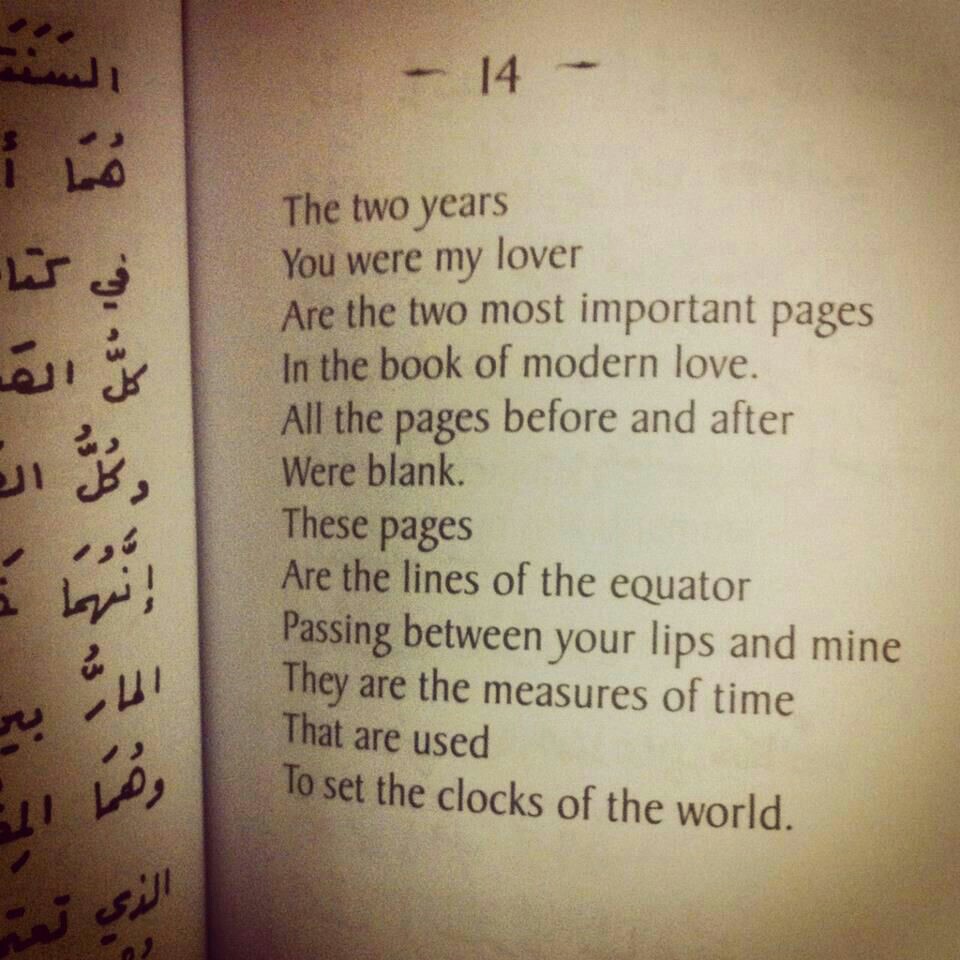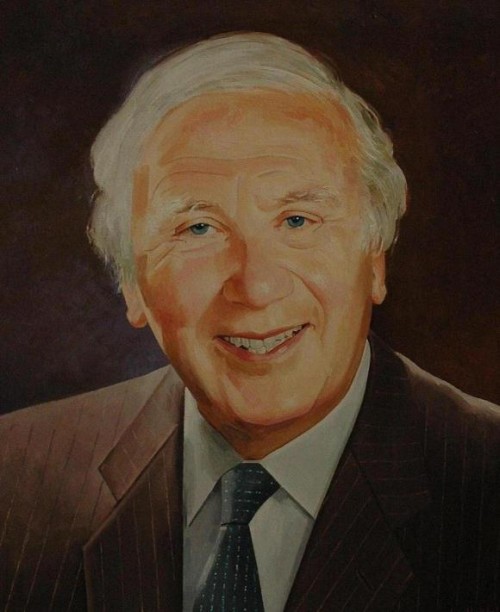

A place with no opportunities and no development – but with a high percentage of people who cannot read or write. The twins come orginally from Kasserine, a city in central Tunisia with a population of around 80,000. But, the twins say, “we only go to the mosque occasionally on a Friday or during Ramadan – the month in which we were born”. Anyone who broke the law was arrested, imprisoned and tortured. Before the revolution that was forbidden”. Since then, Muslim women like us have been able to wear the headscarf. I pick up the catchword ‘revolution’ and ask what it has brought them. The headscarf as an achievement of the revolution Some 220 people were killed by the security forces during the uprising. “When the holidays came, we returned home, because that was the time of fear and guns, of blood and corpses”. “At the time we were studying at Moknine University in Monastir”, says Lamia. The sisters did not experience the revolution – which culminated on 14 January 2011 in the overthrow of the hated despot Ben Ali – in the capital, Tunis. “Facebook is a very important medium in Tunisia, because it made it possible for us to express our opinions freely – especially when it came to expressing solidarity with the martyrs and and their families – but also as a place for sharing prayers”, says Sana. Lamia and Sana have been using social media since 2009.

#Nizar qabbani unemployment tv#
One of them – the Saudi journalist and TV presenter Abdullah Abdulaziz Elmdifer – also took part in the Global Forum. Sana mainly follows journalists – but also celebrities. And it’s more trustworthy than Facebook”, say the twins, who both respond to my questions. “What we like about Twitter is that it allows you to share information very quickly. Our conversation is carried on a shifting web of French, English and German. Sorry!, Sana, that I had to pass on your favourite language – Spanish. To begin with, your array of languages presented a difficult choice. It wasn’t until the last day of the conference that I found out more about you. The lady professor from Seoul, who used to join us for our morning coffee chat, immediately took you into her heart. Then there’s German, Chinese, Turkish and Korean.

Arabic, Spanish, French and English are your ‘Twitter languages’. But your identical laughter convinces me: you really are twins, even if not at first glance.īetween the two of you you speak no less than eight languages. I thought you were just sisters – as of course you are! Lamia is a little taller and has a somewhat fuller face. Your openness made it easy to record the conversation. I was at the Global Forum as a journalist working for SwissInfo, which operates an internet platform for participatory democracy and active citizenship in ten languages and which was a co-organiser of the Forum. Your shorthand messages on the speeches and high-profile debates at the Global Forum on Modern Direct Democracy made a significant contribution to generating interest far beyond Tunisia in this first conference on democracy in an Arab country.

Tunisia is the only Arab country so far to have incorporated the convictions of its insurrectionary people into a new, modern constitution.ĭuring the conference you sent countless tweets with the hashtags #globfor15 and #citizenpower into digital orbit. What brought us together last year in Tunis was the best idea human beings have ever come up with: democracy … based on the conviction that our lives will be better if we play a part in shaping them that dignity demands that we should be respected as citizens – by having our voices heard. And that the two of you always stick together – whether inside in the air-conditioned conference room or outside under the scorching sun during the breaks. Eyes alert, lips painted, nails brightly coloured, T-shirts with cheeky prints, jewellery, elegant ballerina shoes, fashionable bags hanging from your shoulders.


 0 kommentar(er)
0 kommentar(er)
